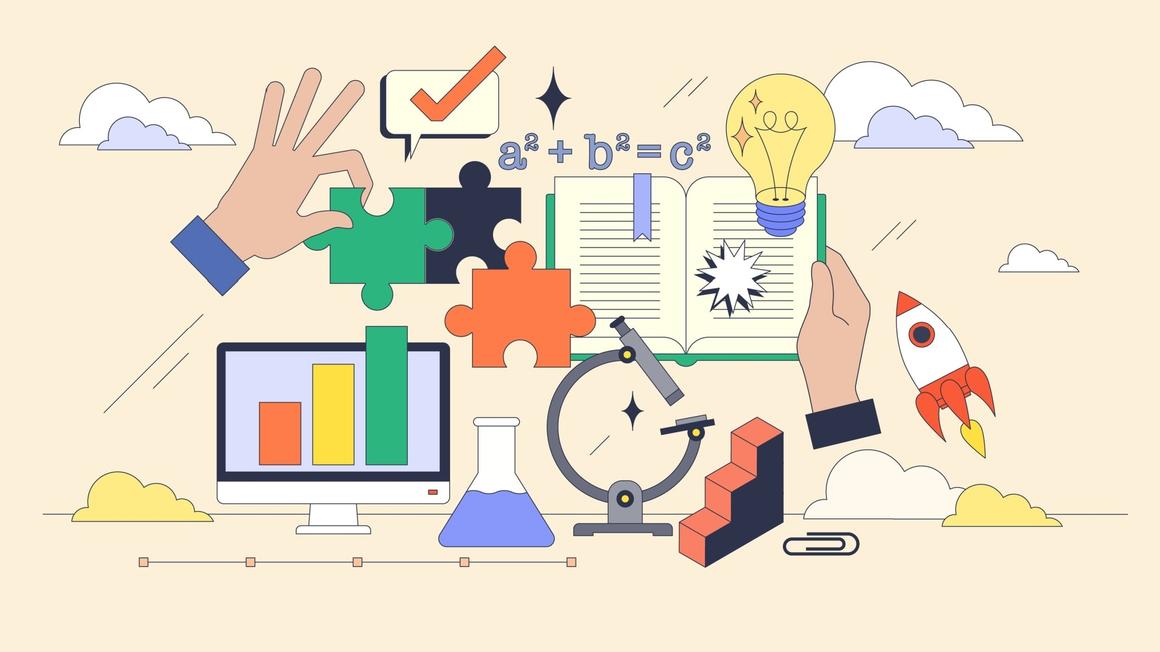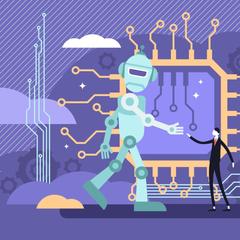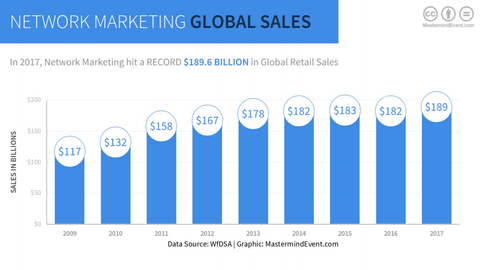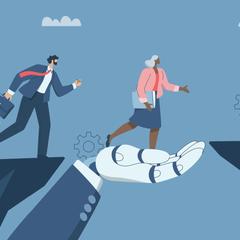
Welcome to Lectera
Stay informed with expert insights, career tips, and self-development strategies to boost your success.

News
Discover the latest updates in EdTech, industry trends, and key platform innovations — all in one place.




Editor-in-Chief's Column

Reviewing the past year and setting goals for the next is a personal tradition of mine that I believe should be a global must-have.
Mila Smart Semeshkina
Related articles
We all know there are vacations and dismissals, and there are also maternity leaves, resignations, sick leaves, et cetera.
Some people dream of travelling to the 19th century to attend lavish banquets and balls, others — to the Middle Ages to see knights' tournaments and ancient kings with their own eyes.
Self-reflection is a person's ability to delve into themselves and their psyche to find solutions to their problems and difficult situations autonomously.
Network marketing
Business
Take Lectera's online quizzes!

Those who know what quiet promoting is tend to fear it like the plague — and rightly so. This term describes a situation in which an employee is “promoted” in terms of responsibilities and workload, but without any corresponding salary increase.
Pick a Card
Test your knowledge across diverse fields and uncover strategies to navigate life's challenges with our interactive quiz.
Read moreExploring Personality
Discover your strengths and weaknesses while learning how to navigate various workplace situations with our insightful quiz.
Read moreRank Time
Engage in a diverse range of topics and learn valuable techniques for tackling lifephp's hurdles in our interactive quiz.
Read moreMore Topics
















 “I’m Here for the Long Haul”: When Loyalty to a Company Becomes Toxic
“I’m Here for the Long Haul”: When Loyalty to a Company Becomes Toxic
 Freelancing, Remote Work, Office Jobs, or Consulting: How to Choose the Work Format That’s Right for You
Freelancing, Remote Work, Office Jobs, or Consulting: How to Choose the Work Format That’s Right for You
 Test: How Prone Are You to Abusive Behavior as a Manager?
Test: How Prone Are You to Abusive Behavior as a Manager?
 Test. What superpower would you possess if you were a superhero?
Test. What superpower would you possess if you were a superhero?
 Test. What Should You Let Go of Before Winter Ends?
Test. What Should You Let Go of Before Winter Ends?
 Test. Which Ritual Should You Start Practicing This Winter?
Test. Which Ritual Should You Start Practicing This Winter?















